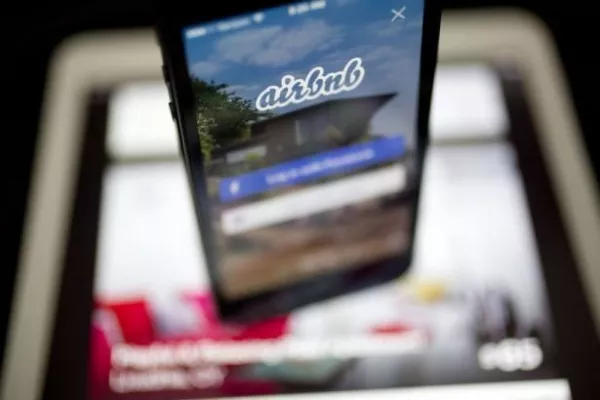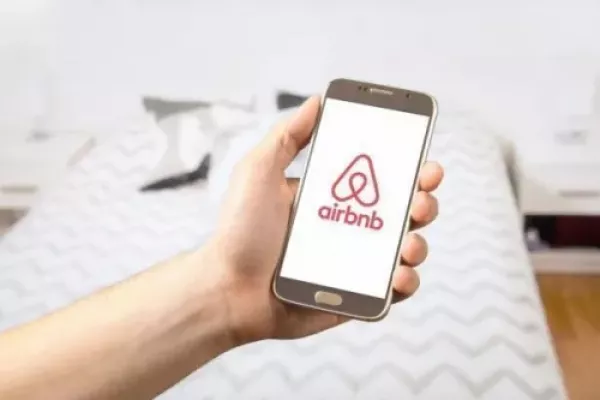Airbnb Inc. defeated a lawsuit by Apartment Investment & Management Co., one of the largest residential landlords in the U.S., alleging that the online home-sharing marketplace enables tenants to break their lease agreements through unauthorized sublets.
A federal judge in Los Angeles agreed with Airbnb that it’s insulated from the claims by the Communications Decency Act, a 1996 law that shields online service providers from liability for the content users post.
"Here, what allegedly makes the listings ‘unlawful,’ ‘illegal,’ or ‘offending’ is that they advertise rentals that violate Aimco’s lease agreements," U.S. District Judge Dolly Gee said in a Dec. 29 ruling. "Airbnb hosts, not Airbnb, are responsible for providing the actual listing information."
Denver-based Aimco sued Airbnb last year, claiming that tenants at its high-end apartment complexes in Los Angeles, where a unit can rent for as much as $17,000 a month, have been complaining about noisy Airbnb tourists taking over the common areas. Aimco said it had to hire more security staff to monitor its properties and to track down and evict illegal Airbnb guests.
“We disagree with the court’s reasoning and application of the Communication Decency Act and we are considering all of our legal options in California," the company said in a statement. "Aimco also is engaged in litigation in Florida where Airbnb’s motion to dismiss was denied several weeks ago."
Terms of Service
Airbnb, which has about 4 million listings worldwide, has said it doesn’t specifically track the number of sublets advertised on its site. Its terms of service require hosts to follow local laws and regulations and to pledge that their bookings “will not breach any agreements with third parties."
The San Francisco-based company has argued that most short-term rental activity is innocent, with people renting their primary homes to make ends meet. Since the startup was founded in 2008, landlords have argued it violates zoning laws and operates as an illegal hotel. Critics have also said abundant short-term rentals drive up housing costs and disrupt neighborhoods.
“We are pleased with the court’s decision that ensures Airbnb can continue to support tenant hosts who use our platform to help pay the bills,” Airbnb spokesman Nick Papas said in an email touting the company’s Friendly Buildings Program. “The partnerships we have established with landlords have made it clear that home sharing can be a win-win situation for everyone.”
The case is LA Park La Brea A LLC v. Airbnb Inc., 17-cv-04885, U.S. District Court, Central District of California (Los Angeles).
Carousel
Carousel









